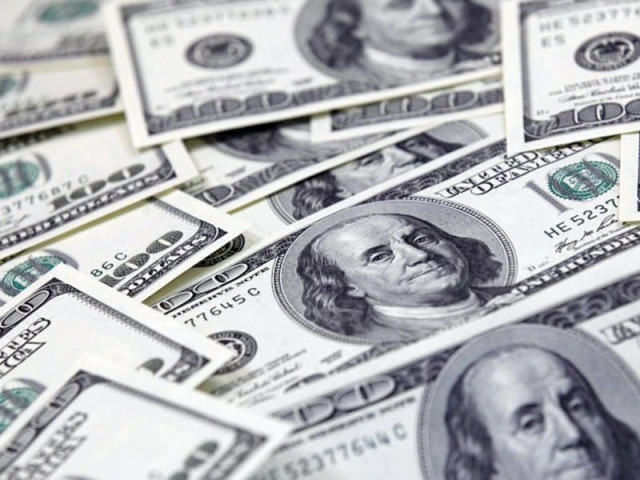Informal influence: ‘Govt wants at least $1.2b from spectrum sale’
High base price will adversely affect nationwide rollout of technology: officials.

‘Govt wants at least $1.2b from spectrum sale.’ PHOTO: FILE
In what might influence the reserve price of the much-awaited spectrum auction, the federation is ‘informally’ trying to convince the telecom regulator to ensure the spectrum is sold for no less than what was allocated in the last federal budget, The Express Tribune has learned.
The government has conveyed to Pakistan Telecommunication Authority that it is expecting no less than $1.2 billion from the sale of this national asset, sources said.
For the fiscal year 2014, the government had budgeted $1.2 billion under the head of non-tax revenue to reduce the fiscal deficit. The amount is to be raised from the spectrum auction, which is scheduled for February 24, 2014.
Later on, the Ministry of Information Technology and Telecommunication – in a revised policy directive dated October 7 – decided to allocate 30 megahertz (MHz) paired spectrum in the 1900-2100 MHz band for next-generation mobile networks.

With the government eying no less than the budgeted amount, the base price – which remains to be finalised – will likely be $400 million for 10MHz of paired spectrum.
The same policy directive mentioned that the government would finalise the base price on the recommendation of consultants, but the informal communication to PTA from the top level is likely to influence the price.
Any government intervention in this regard will not only influence the base price but also the bidding and eventually the outcome of the auction, according to experts.
“The government shouldn’t only focus on short-term gains by setting a very high price. Instead, it should impose stringent conditions for an early and nationwide rollout of the technology,” said Parvez Iftikhar, the former CEO of Universal Service Fund and a consultant on Information Communication Technology.
Members of the telecom industry, too, have expressed their reservations about what they anticipate would be a high base price. The government should let market forces determine the spectrum’s value rather than fixing it, a telecom official said. If the spectrum price is set very high, operators will be left with little money for network upgrade and face difficulties at the rollout stage, he explained.
Giving the example of Bangladesh’s 3G auction, the telecom official said the operators launched the services within two months because of reasonable base price. By contrast, the official said, the initial price for India’s spectrum auction was too high that the operators were hardly left with any money to invest in network expansion.
A telecom expert said that PTA had achieved phenomenal success in the spectrum auction of 2004 when it sold 2G licences, one each to Telenor Pakistan and Warid Telecom. It was able to sell a single 2G licence in 14MHz for $291 million – double of the $140 million that was expected. The base price for the then spectrum auction was kept at around $21 million per 1MHz.
Pakistan and Bangladesh are almost similar markets, according to another expert on 3G spectrum. Despite Pakistan being slightly bigger, he said that it is easy to roll out 3G services in Bangladesh unlike Pakistan. Therefore, the spectrum price should be close to that of Bangladesh’s 3G auction, the expert maintained.
The government has yet to finalise the base price but sources say the consultants hired by the last government had evaluated the base price to be $200 million for 10 MHz.
This evaluation, said sources, was based on MHz/pop figures from comparable countries and the expected uplift from launching 3G services. The term MHz/pop is the telecom industry measure that refers to the size of population the operator is getting for his licence as that dictates how many people are there to spend money on their service, and therefore the operator’s likely level of income.
Operators might have been willing to pay more, officials claim, but the consultants felt this base price then reflected an appropriate minimum level of return for a national asset.
For the government’s version, The Express Tribune contacted Information Minister Pervaiz Rashid who referred the former to Minister for IT and Telecom Anusha Rahman, however, she did not respond despite multiple attempts to contact her.
Published in The Express Tribune, December 6th, 2013.



















COMMENTS
Comments are moderated and generally will be posted if they are on-topic and not abusive.
For more information, please see our Comments FAQ